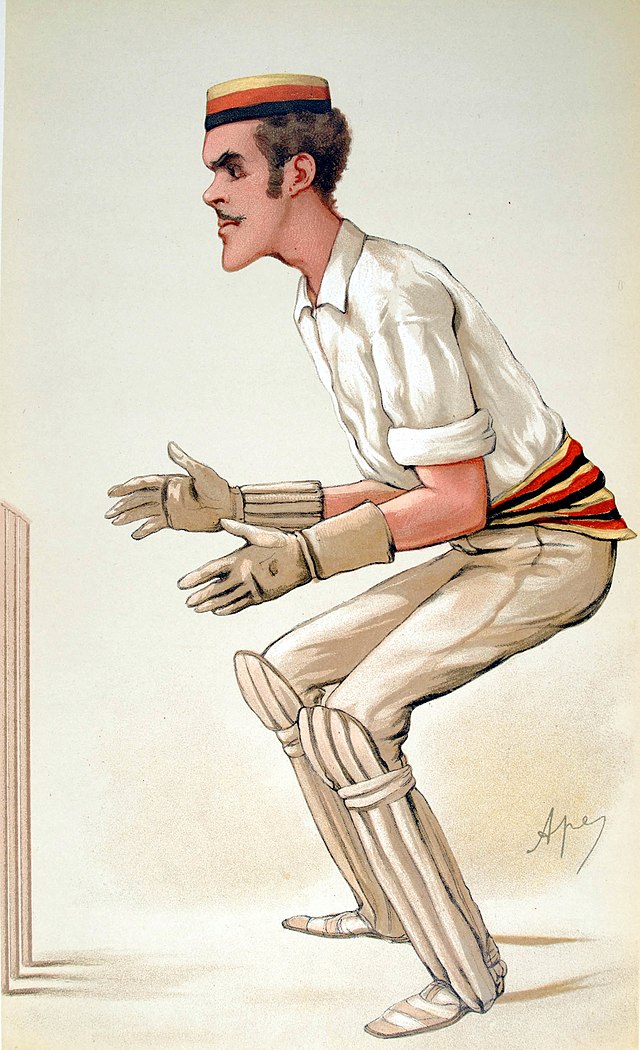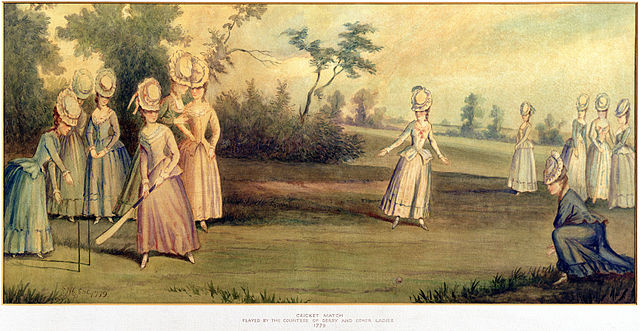

Dr David McIlroy is Chair of Trustees at KLC. He is a practising barrister and author of The End of Law: How Law’s Claims Relate to Law’s Aims.

Cricket is a sport whose rules are famously difficult to explain, but easy enough to comprehend when playing the game. Cricket is something which has to be experienced to be understood. One of my fondest memories is of a game played just before my wedding, in which one of my French friends took the winning catch in his first ever match. Writing an article of general interest about cricket is therefore a folly.
Cricket is a game in which individual battles take place in the context of a contest between two sides. Two batters take the field, attempting to score runs against the bowlers from the other team. The other nine batters wait their turn. Some players on the other side will be bowlers, one will be the wicket-keeper, but up to six will simply be waiting to catch the ball if the batter hits it in their direction.
Cricket teaches the necessity for a balanced team. Rare indeed is the individual who is equally talented as a batter and as a bowler. Sir Garfield Sobers (WI), Imran Khan (PAK), Jacques Kallis (SA) and Sir Ian Botham (ENG) were players who could do everything, but most captains have to choose a team made up of different skills in order to win the match. Some batters must have the ability to score quickly; others must be able to bat for long periods of time. Some bowlers should be able to bowl fast; others should be able to make the ball spin or swing. A captain who picks a team who all have the same outlook and aptitude will not be a successful captain.
Cricket needs patience. Even the shortest form of the game lasts three hours, and most amateur cricket takes up an entire day. Batters must be patient, waiting for their turn to bat. Bowlers must be patient, knowing that most balls will not take a wicket. But patience has to be balanced with alertness. At any moment the ball may come flying towards a fielder who has been standing idly by for twenty minutes or more.
Cricket requires humility. One mistake can bring the end of a batter’s innings. The fielders must field where their captain tells them, even if it means standing somewhere where they are unlikely to have anything to do for extended periods of time. A fundamental rule of cricket is that you don’t argue with the umpire. That takes discipline. But unless that rule is observed the game becomes unpleasant, if not impossible, to play.
Cricket is a game which requires courage. It is played with a hard ball. Batters risk being hit as the ball is bowled at anything from 50 to 90 mph from a distance of just 22 yards. Fielders are in danger of breaking their fingers if they do not catch the ball properly.
Cricket demands honesty. The expectation is that a batter who has hit the ball and is caught out will leave the field even before the umpire has made their decision. A fielder who fails to stop the ball before it crosses the boundary will tell the umpire. Fair play and the spirit of cricket are not just social conventions, they are key to what makes the game enjoyable.
I am anything but a technically accomplished cricketer. But I love the game. It is an opportunity to stand outside, often in the sun, doing something for the joy of itself and to the glory of God. I could spend an eternity sharing the beauty of cricket with you; you’ve got to try it.

The Kirby Laing Centre for Public Theology in Cambridge. Charity registered in England and Wales. Charity Number: 1191741
Kirby Laing Centre, Office 1, Unit 6, The New Mill House, Chesterton Mill, French’s Road, Cambridge, CB4 3NP
© 2025 The Kirby Laing Centre for Public Theology in Cambridge